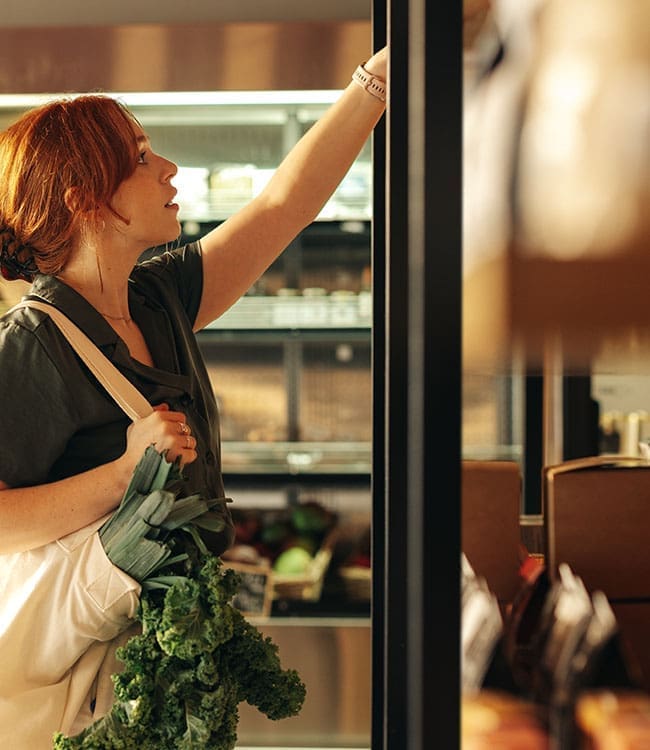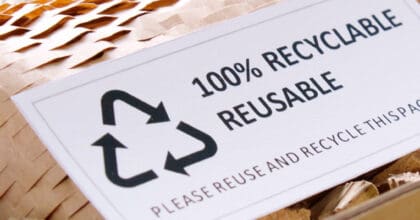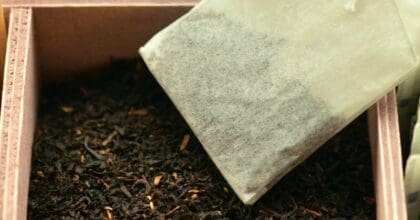As India’s 16th prime minister was sworn into office in the last week of May, 7,000 handmade carry bags made from waste plastic were distributed during the ceremony. Ahead of the World Environment Day in June, the Indian government’s intent towards plastic waste management and sustainability was made clear: to eliminate single-use plastics nationwide by 2022.
While several Indian states have already instituted a ban on plastics in some form or the other, brands and packaging converters have been mulling over sustainable packaging solutions and strategies to deal with the ban.
Managing plastic
Mintel’s 2019 Global Consumer Trend ‘Rethink Plastic‘ discusses how consumers are becoming more aware of the plastic waste crisis and brands and companies are taking the challenge upon themselves to address this issue. Individually, Indian FMCG brands such as Dabur and ITC, and multinationals such as PepsiCo, have kickstarted post-consumer packaging waste management initiatives.
Dabur announced that it has set its sights on becoming a plastic waste-free company by the end of March 2021, by collecting, processing and recycling 20 million kilograms of post-consumer plastic waste from across the country.
Under this initiative, Dabur is working with 5,000 waste-pickers across six Indian states to collect all types of plastic waste—recyclable and non-recyclable. The collected plastic waste is sent to different recyclers, waste-to-energy and cement plants through various agencies registered with the Central Pollution Control Board (CPCB). With this, the company aims to collect 100% of the plastic waste that it generates through its product packaging, making it one of the first Indian FMCG companies to adopt such an initiative.
Similarly, ITC has collaborated with the Pune Municipal Corporation in Maharashtra and waste-pickers’ collective, SWaCH, to create a scalable and sustainable model to incentivise the collection of multi-layer plastic (MLP) packaging waste and channelise it for recycling. The current setup, according to ITC, can process 200 metric tonnes of MLP waste monthly, with the potential to be scaled up to cover the entire city. The model involves offering a price for MLP waste, which creates an incentive for the waste collectors to collect and sort MLP waste as a separate stream.
Meanwhile, PepsiCo India, in partnership with a waste management firm Nepra, has announced its commitment to collect over 8-lakh kilograms of MLP waste in West Bengal by the end of this year. Moreover, the companies have launched a first-of-its-kind waste management education programme with leading schools in Kurseong, Darjeeling.
What we think
These initiatives are a significant step towards addressing the problem of plastic pollution for three reasons. Firstly, it seems to be a more realistic plan than a blanket ban on plastics; secondly, it represents a shift of approach from a linear model (produce-use-dispose) to a circular economy, and therefore, addresses the real challenge of collection and segregation of plastic waste at source; and finally, it co-opts the waste-pickers into the process.
Moving forward, government bodies will tighten the regulations around the use of plastics, and push for policies such as extended producer responsibility wherein the involvement of brands in waste management will increase significantly.
An increasing number of brands will introduce buyback schemes and incentives to encourage consumers to recycle and reuse plastic items. This is an opportune time for brands to act swiftly and ride the sustainability wave to move from being perceived as a part of a problem, to becoming part of a solution and attract the attention of eco-conscious consumers.








































